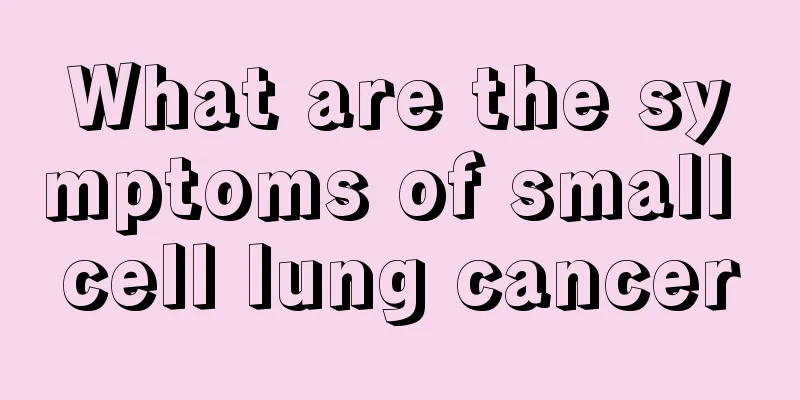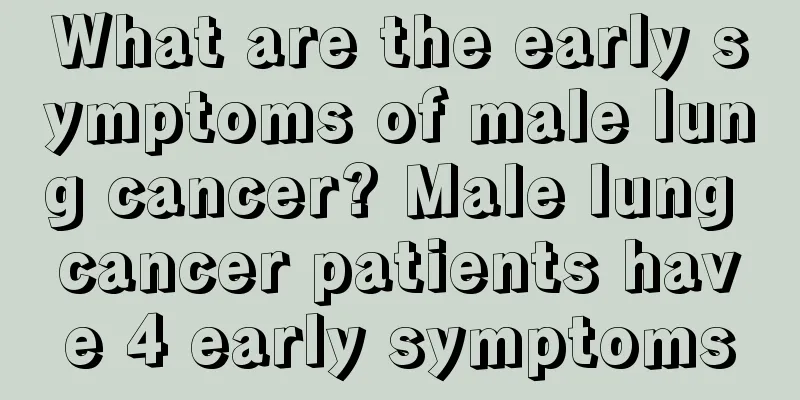What are the symptoms of getting angry

|
Getting angry is a common physical condition in real life, and it can be divided into two types. Different types have different manifestations. Generally, getting angry can easily lead to dry mouth, cough and sputum, abdominal distension and pain, constipation, etc. It can also easily lead to oral ulcers or redness and swelling of the mouth, which requires timely treatment. What are the symptoms of getting angry? Causes From the perspective of traditional Chinese medicine, "getting angry" is considered to be the result of an imbalance of yin and yang in the human body. When the body is affected by external pathogens or its functions become hyperactive, symptoms of heat syndrome with excess yang and deficiency of yin will appear. It is generally believed that real fire (real heat) is mostly caused by the invasion of fire and heat evil or by a craving for spicy food, while excessive mental stimulation and dysfunction of the internal organs can also cause real fire. Virtual fire (deficient heat) is mostly caused by internal injuries and strain. For example, long-term illness leads to depletion of refined energy and excessive strain, which can lead to internal organ disorders, deficiency of yin and blood and internal heat, and internal heat then turns to virtual fire. The causes of "getting angry" (heat syndrome) can be summarized into five aspects: ① exogenous heat evil; ② cold evil enters the body and turns into heat; ③ excessive emotions, depression turns into heat; ④ improper diet, which turns into heat over time; ⑤ sexual fatigue, robbing the yin essence. Clinical manifestations The clinical manifestations of "getting angry" (heat syndrome) can be mild or severe. Common severe cases, such as heatstroke, are mostly caused by being in an environment with high temperature, lack of water, and stuffiness for too long. Fever and even coma may occur. It is a typical exogenous heat syndrome. The so-called "getting angry" is usually mild and mostly belongs to the mild symptoms of heat syndrome in traditional Chinese medicine, such as red and swollen eyes, erosion at the corners of the mouth, yellow urine, toothache, sore throat, etc., which are not accompanied by systemic heat symptoms. In this case, the endogenous heat is more than the exogenous heat. If you are under great pressure at work or in life, often stay up late, eat spicy food, etc., it is easy to generate internal heat. Clinical manifestations of excess fire: red face and eyes, chapped lips, bitter and dry mouth, erosion of the mouth and tongue, sore throat, bleeding gums, epistaxis, tinnitus and deafness, sudden onset of furuncles, fever and irritability, oliguria and constipation, hematuria and bloody stools, red tongue with yellow coating, and rapid pulse. Clinical manifestations of deficiency fire: mostly caused by internal injuries and strain, and can be further divided into two types: Yin deficiency and excessive fire and Qi deficiency and excessive fire (Qi deficiency and internal heat). Yin deficiency and excessive fire are often manifested by hot flashes, night sweats, weight loss, dry mouth and throat, fever in the five parts of the body, restlessness, red tongue without coating, and thin pulse. Qi deficiency and fire-wang common symptoms include low-grade fever, fever before noon, fear of the wind, preference for heat and fear of cold, tiredness and weakness, shortness of breath, laziness to speak, spontaneous sweating, clear urine and loose stools, weak pulse, pale tongue and thin coating. Common clinical types of "getting angry": 1. Heart Fire There are two types of fire: deficiency fire and excess fire. Deficiency fire is manifested by low fever, night sweats, irritability, dry mouth, etc.; excess fire is manifested by recurrent oral ulcers, swollen and painful gums, dry mouth, short and red urine, irritability, etc. 2. Lung Fire The main symptoms are dry cough with little sputum, blood in sputum, sore throat, hoarseness, hot flashes and night sweats. 3. Stomach Fire There are two types of fire: deficiency fire and excess fire. Deficiency fire is manifested as mild cough, small amount of food intake, constipation, abdominal distension, red tongue and little coating; excess fire is manifested as upper abdominal discomfort, dry and bitter mouth, dry and hard stool and yellow and greasy tongue coating. 4. Liver Fire People who are easily emotionally excited are often referred to as having "hot tempers". In fact, the physical condition commonly known as "liver fire" also has the following symptoms: dry mouth, bitter mouth, bad breath, headache, dizziness, dry eyes, unstable sleep, stuffy body, thick tongue coating, etc. |
<<: Eyes hurt due to inflammation
>>: Homemade method to tighten pores
Recommend
What does a mole on the face mean? Is it "a mole a thousand miles away"?
Beautiful women all hope to have a beauty mole on...
4 dietary methods to prevent breast cancer
The occurrence of breast cancer is also related t...
Are chemical fiber fabrics harmful to the human body?
In fact, in our country there are many people who...
Meniscus injury and ligament strain?
In life, judging from the shape and position of t...
What tumor markers are checked for liver cancer? Three tumor markers are checked for liver cancer
The commonly used tumor markers for liver cancer ...
The effect of soybean massage on the soles of the feet
Soybean is really a very common item in people’s ...
What does high herpes simplex virus IgG mean
If the herpes simplex virus IgG is found to be hi...
What to do if your fingers are dry and peeling?
Dry fingers is a physiological phenomenon that oc...
The disadvantages of wiping your face with glycerin and white vinegar
In daily life, applying glycerin and white vinega...
Can lipoma be cured by taking medicine
Lipoma is actually a disease with relatively mild...
Is kidney cancer hereditary?
Is kidney cancer hereditary? Many people do not u...
Three basic pathological types of endometrial cancer
Endometrial cancer, also known as uterine body ca...
How long is the life expectancy after surgery for poorly differentiated gastric cancer
How long is the life expectancy after surgery for...
Can drinking water shrink pores?
Large pores are a skin problem, and if this pheno...
Is endometrial cancer contagious?
Women are very afraid of uterine diseases because...









